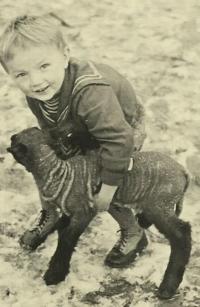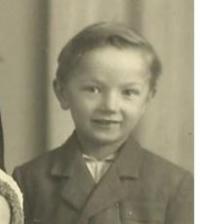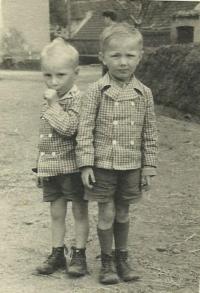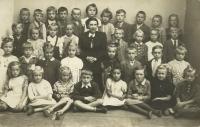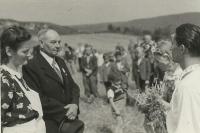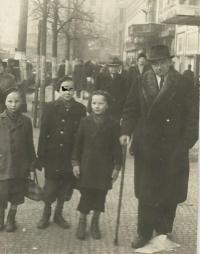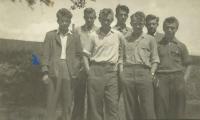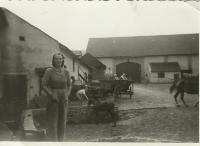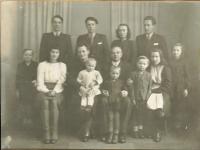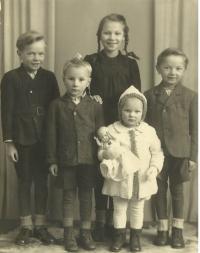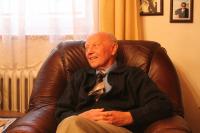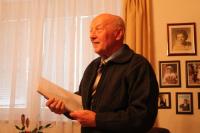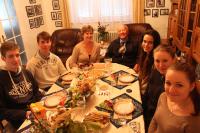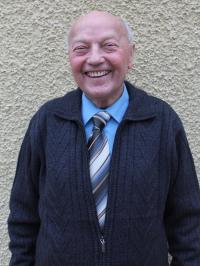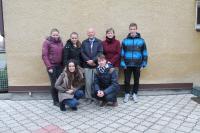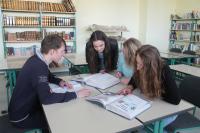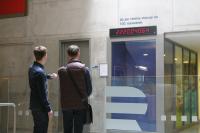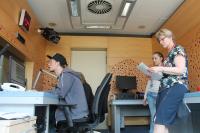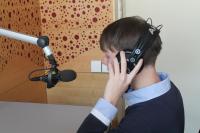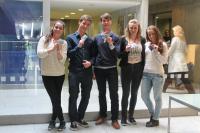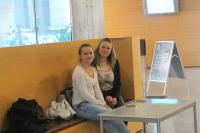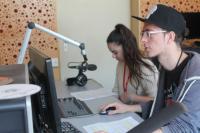Every democracy is threatened by its very essence

Download image
Libor Křivánek was born on 14 February 1936 in the settlement of Chýnov in Libčice nad Vltavou, where his parents tended to a large farm. He had ten siblings, mostly older than himself. He attended primary (“town”) school in Libčice; during the war they had their lessons in provisional locations - the cinema, pub, or gym hall - as the school house was turned into an infirmary by the Germans. Air strikes, mainly in 1944, where what Libor looked forward to the most, as they meant an immediate end to lessons for the day. He continued his studies at an extended grammar school in Kralupy nad Vltavou. After the change of power in 1948, the Communists reorganised the education system. They dissolved extended grammar schools, and the witness had to return to the school in Libčice. Despite successfully passing his final exams, he was refused from studying at a grammar school, and so he attended a gardening school in Ruzyně instead. In summer 1952 he received an injunction to take up employment at the state farm in Osoblaha, where he had to work for almost two years. In the meantime the Communists imposed a so-called forced tenancy on the family farm in Chýnov; a year later they deported the family to a small and derelict farm in the neighbouring village. The siblings were either expelled from their schools or barred from studying. The Communists accused the father of spreading the “American beetle” (potato beetle) to nearby farms. The case was only taken to the local national committee (village council) and resulted merely in an official reprimand instead of a prison sentence. Upon returning to Osoblaha, Libor Křivánek was employed at the fruit growing centre in Větrušice. By intervention of the centre’s manager, he was allowed to supplement his training at the gardening school in Kopidlno. A job placement ticket took him to Central Bohemian Region Vegetables in Mělník, where he also married and settled down.
